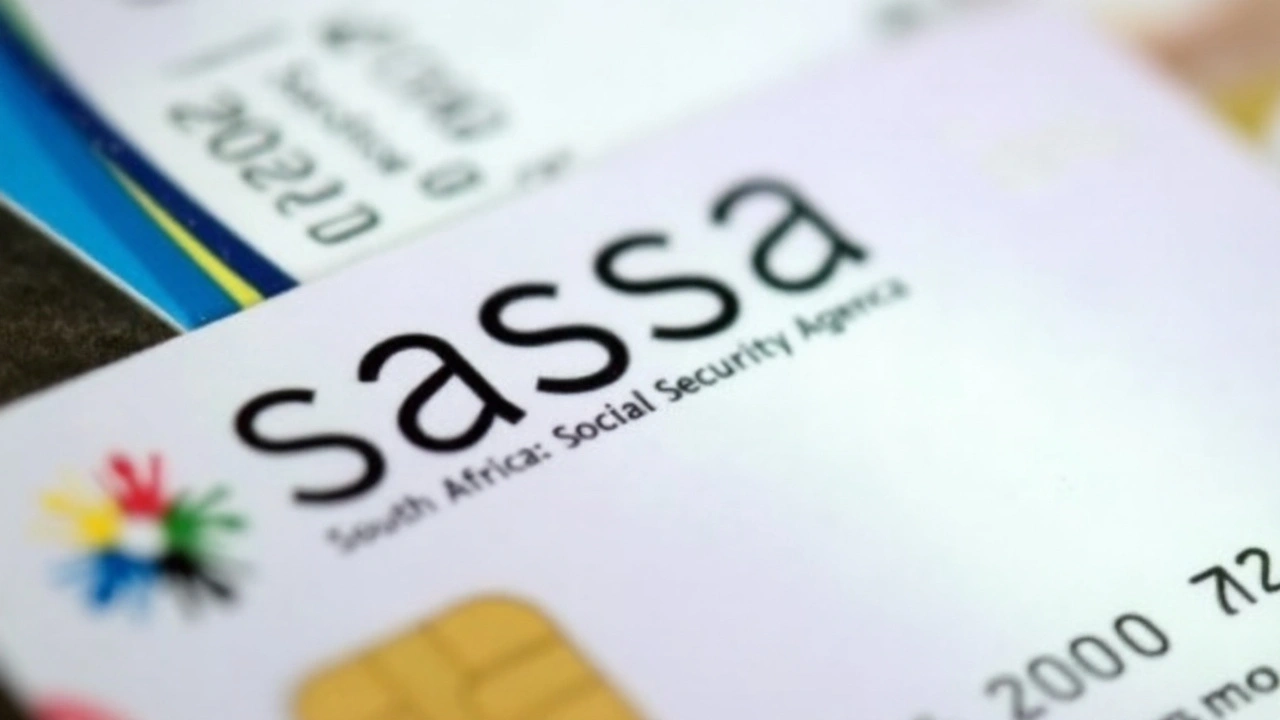Everything You Need to Know About the Disability Grant
If you or a family member can’t work because of a permanent disability, the South African disability grant can be a lifeline. It’s a monthly payment from the government that helps cover basic expenses like food, rent and medical costs. Below you’ll find the most useful facts, a quick rundown of eligibility, and step‑by‑step instructions on how to apply.
Who Can Claim the Grant?
The grant is meant for South African citizens or permanent residents who meet two main criteria:
- Medical condition: You must have a disability that is classified as severe and permanent. The medical condition has to be listed on the official disability schedule used by the Department of Social Development.
- Financial need: Your household income must be below a set threshold. The exact amount changes each year, but it’s generally low enough that most applicants rely on the grant for essential costs.
People with visual, auditory, mobility or mental impairments can all qualify, provided they pass the medical assessment.
How to Apply – Simple Steps
Applying doesn’t have to be a nightmare. Follow these steps and you’ll be on the right track:
- Gather documents: You’ll need a valid ID, proof of residence, recent medical reports, and a completed application form (DI 71). If you’re applying for a child, you’ll also need the birth certificate.
- Visit a social development office: Take all your paperwork to the nearest office. The staff will check your documents and may ask for additional medical info.
- Medical assessment: A qualified health professional will examine you and fill out the medical section of the form. This part decides whether your condition meets the grant’s standards.
- Submit the form: Once the assessment is done, the office will forward your application to the National Treasury. You’ll receive a receipt with a reference number.
- Wait for approval: Processing usually takes a few weeks. If approved, you’ll get a bank card with the grant amount deposited each month.
Keep the receipt safe – you’ll need it if you ever have to follow up on your application.
Here are a few tips that can speed up the process and avoid common mistakes:
- Make sure all medical reports are recent (within the last three months). Old reports often get rejected.
- Double‑check that your ID number matches the one on your medical documents.
- If you move, notify the social development office right away. Your payment can be delayed if the address on file is wrong.
- Stay in touch with the office. A polite call or visit can keep your case moving.
What if your application is refused? You have the right to appeal. Ask the social development officer for the appeal form, attach any new medical evidence, and submit it within the deadline stated on the refusal letter.
Remember, the disability grant is not a bonus – it’s meant to help people who truly need financial support because a disability stops them from earning a regular income. Use the money wisely, prioritize essential bills, and consider budgeting tools that can stretch each payment further.
Need more help? Many NGOs and community groups offer free advice on completing the application. A quick search for “disability grant assistance” plus your city name will usually turn up a local contact who can walk you through the steps.
In short, the disability grant can make a big difference in day‑to‑day life. Knowing the eligibility rules, gathering the right paperwork, and following the application steps will put you on the path to receive the support you deserve.

